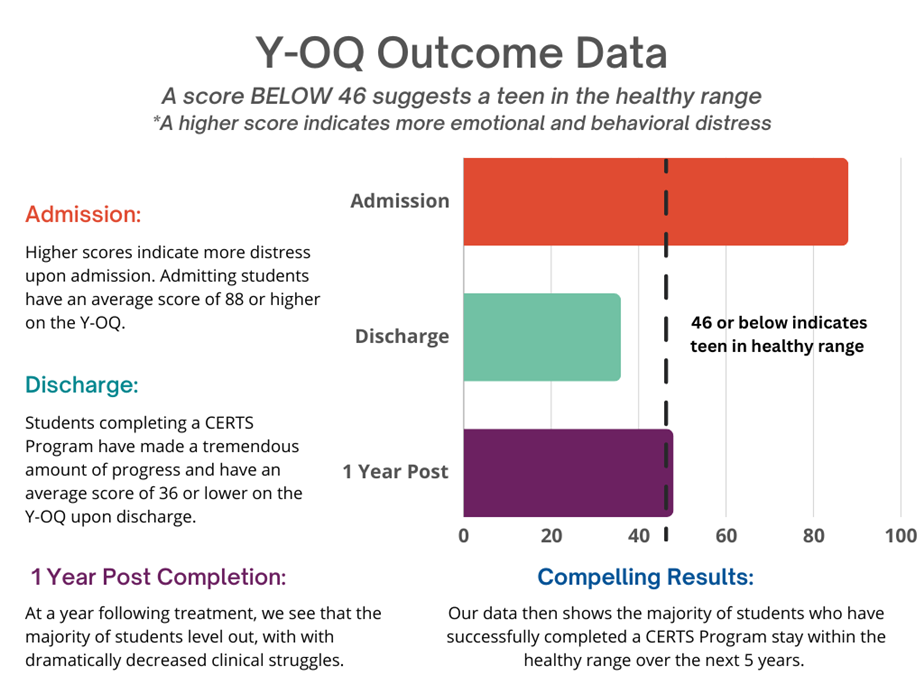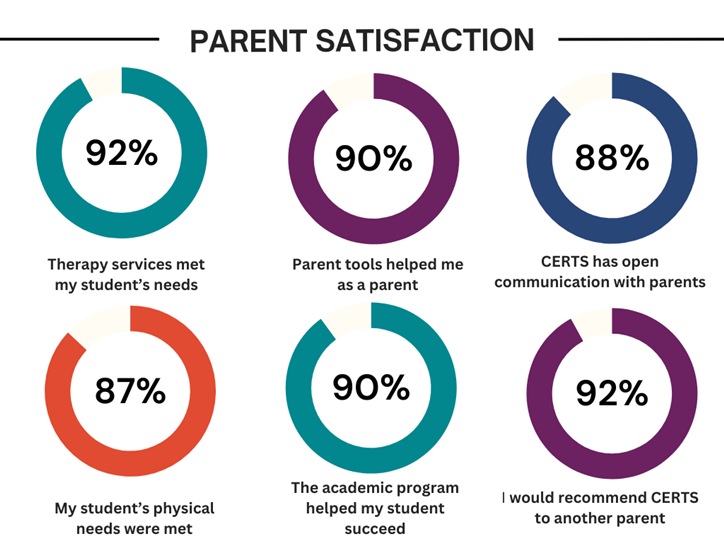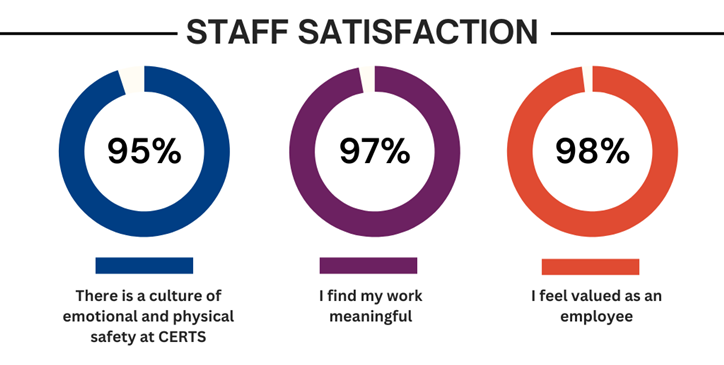Why Data Collection is a Game-Changer for Mental Health Treatment
When it comes to mental health care, data collection might not sound exciting, but it’s actually a game-changer. Think of it as the secret ingredient that makes treatment more effective and personalized. Here’s why gathering data is so important in mental health and how it’s reshaping patient care for the better.
1. Getting to Know students Better
Data collection helps our therapists get to know their students. By keeping track of things like symptoms, treatment history, and personal background, our teams can understand each student’s unique situation. For example, if a therapist sees a pattern in how often someone’s symptoms change, they can use that information to fine-tune the diagnosis and treatment plan.
2. Tailoring Treatments Just for You
One-size-fits-all doesn’t cut it when it comes to mental health. Data allows therapists to customize treatments based on what’s working for each individual. If data shows that a specific therapy technique is effective for a particular condition, the therapist can use that information to adjust their approach. This means more targeted and effective care for each student.
3. Keeping Track of Progress
Tracking progress is key to successful treatment. Regular data updates let therapists see how well a treatment is working and whether any changes are needed. For example, if a student isn’t responding well to a medication, the data can help guide adjustments to the dosage or suggest trying a different medication. It’s all about making sure the treatment stays on track.
4. Predicting What’s Next
With the help of data, therapists can use predictive tools to anticipate future challenges. By analyzing past data, they can spot patterns and predict things like the chance of a relapse or how well a treatment might work. This helps in planning ahead and making proactive changes to avoid potential issues.
5. Driving Research and New Treatments
Data collection isn’t just for individual care; it’s also crucial for research. Researchers use data to test new treatments, understand mental health disorders better, and discover new ways to help people. The insights gained from data drive innovation and lead to more effective treatments in the future.
6. Improving Quality of Care
For mental health services as a whole, data helps in improving quality. By analyzing patient outcomes and treatment processes, organizations can find out what’s working and what needs improvement. This ongoing evaluation helps ensure that mental health care stays effective and up-to-date.
7. Empowering Patients
Finally, data collection can make our students feel more involved in their own care. When teens see concrete evidence of their progress and understand how their data is being used, they feel more engaged and motivated. This transparency builds trust and encourages better collaboration between students and their therapists.
In Short
Data collection might not be the most glamorous aspect of mental health care, but it’s incredibly important. It helps our therapists understand our students better, personalize treatments, track progress, predict outcomes, advance research, improve care quality, and empower our students.



